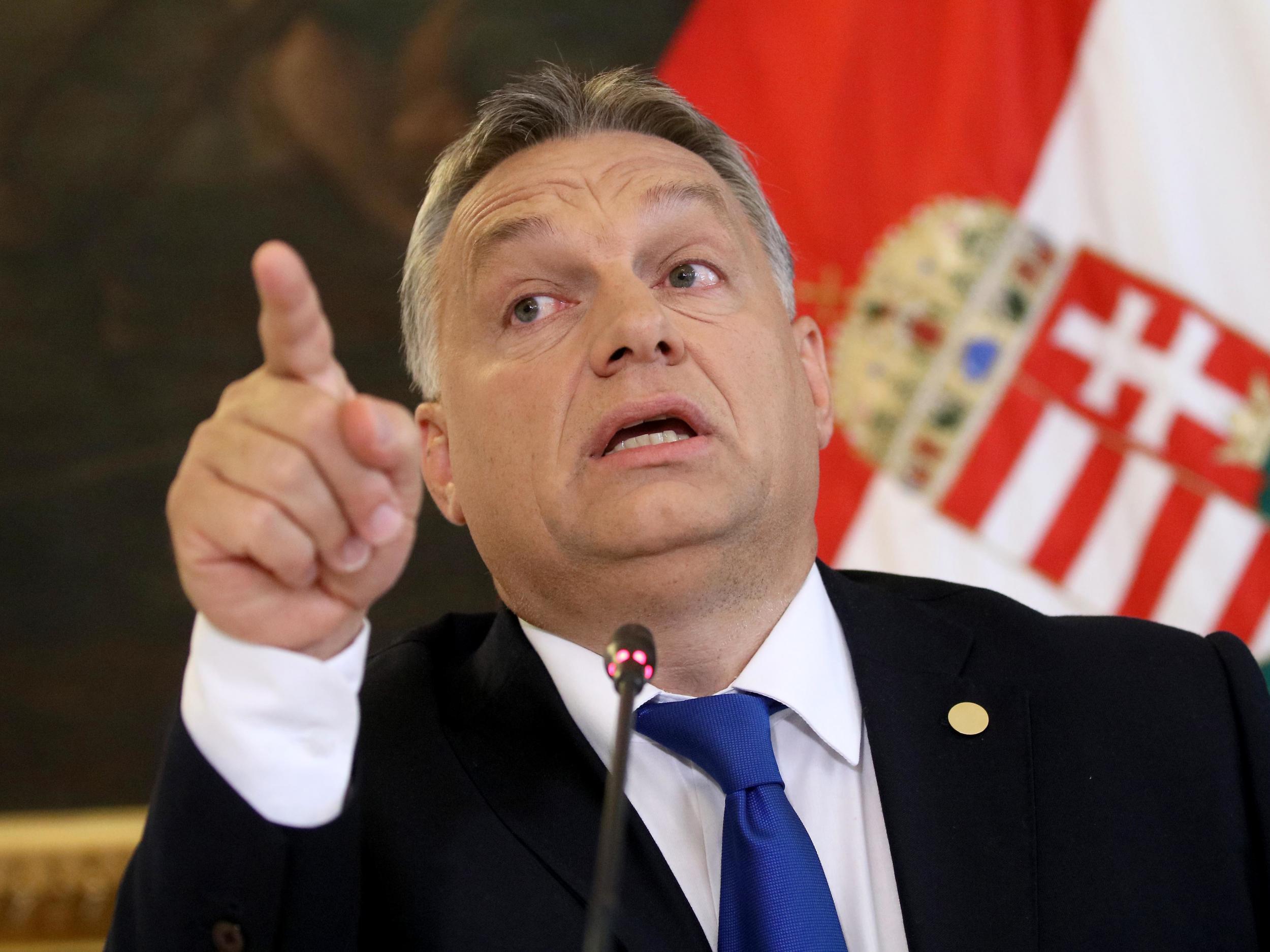This is what the EU needs to do to prevent Trumpism from spreading across the continent
How will the east European strain of Trumpism affect the European Union? Is the EU about to splinter into closed economies led by strong, illiberal leaders?

For most liberal pundits a Trump presidency was inconceivable—at least until it happened. As a scholar of Eastern Europe, I was neither surprised nor shocked: I felt as if I had seen it before.
The election was won in America's rust belt, where once-prosperous cities host only skeletal memories of their buzzing life. Abandoned factories, empty halls and decaying police stations in Detroit look just like crumbling department stores in Probistip, in eastern Macedonia, once one the most prosperous municipalities of socialist Yugoslavia.
Well before landing on American shores, Trumpism was thriving in east European rusting industrial landscapes. In the last decade, disgruntled citizens handed power to authoritarian leaders such as Victor Orban in Hungary, Andrzej Duda in Poland, Nikola Gruevski in Macedonia and Aleksandar Vucic in Serbia.

Since the 1990s, austerity measures denied social mobility to the working and lower middle class and East European Trumpism, with its mixture of economic protectionism and Social Darwinism, has proved to be an appealing alternative to orthodox liberal economics – especially for those who have an increasingly bleak view of their future.
“Orbanomics” helped Hungary avoid financial meltdown. Refusing IMF proposals, Orban taxed foreign banks and corporations and protected consumers who had bought mortgages in Swiss francs, all the while cutting social spending on the most vulnerable social groups. In 2015, Hungary’s GDP was growing at 2.9 per cent, almost twice the Eurozone average of 1.7 per cent. Despite its large inequality, Russia withstood the global crisis surprisingly well and its economy has proved resilient to the fall of gas and oil prices and to economic sanctions.
How will the east European strain of Trumpism affect the European Union? Is the EU about to splinter into closed economies led by strong, illiberal leaders? Encroaching nationalisms might put a stop to free movement, and make the Schengen no-passport zone a relic of the past. But the economic realities suggest a more complex picture.
EU markets, investments and aid support the power structure of Orban, Kaczynski, or other east European authoritarian leaders. EU funds were crucial for Gruevski in Macedonia, who redirected them towards his own close circles of oligarchs. In 2014, 77 per cent of Hungarian exports were destined for EU countries, while 89 per cent of the €171bn invested by foreigners in Poland was from the EU.
Virtually the entire banking sector of east Europe is owned by western banks. Unlike Britain, whose economy relies on more remunerative industries and is connected to multilateral financial flows, east Europe is bound to EU money.
This doesn’t mean that the EU will embrace illiberalism but the emergence of an alternative model of economic and political organisation represents an opportunity as well as a threat. Just as “actually existing socialism” forced European capitalism to invent social welfare, Trumpism might push European elites to rethink decades of unchecked privatisation and free-market reforms that, since the 1990s, fuelled economic bubbles in Portugal, Greece, Spain, Ireland, with money generated by cutting down German wages.
The only way to avoid Trumpism is to propose a credible alternative to neoliberalism, whose “free fox in a free hen-house” market model is increasingly unsatisfying. If what lies ahead for our increasingly indebted economies is the social devastation seen in Greece, there is no doubt that Trumpism will soon triumph in the EU.
Fabio Mattioli is a fellow at the Center for European & Mediterranean Studies, New York University
Join our commenting forum
Join thought-provoking conversations, follow other Independent readers and see their replies
Comments
Bookmark popover
Removed from bookmarks